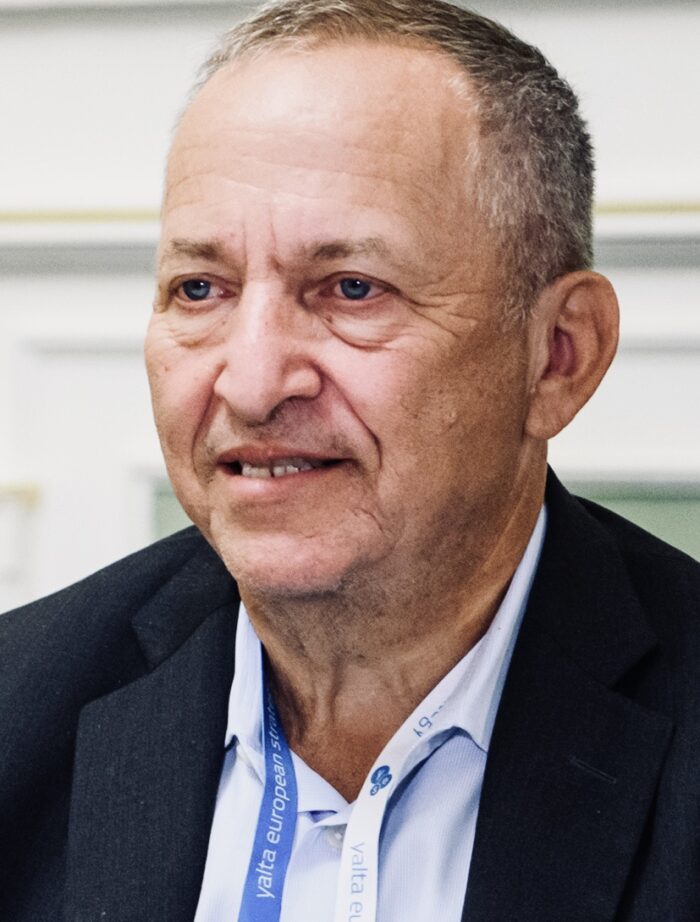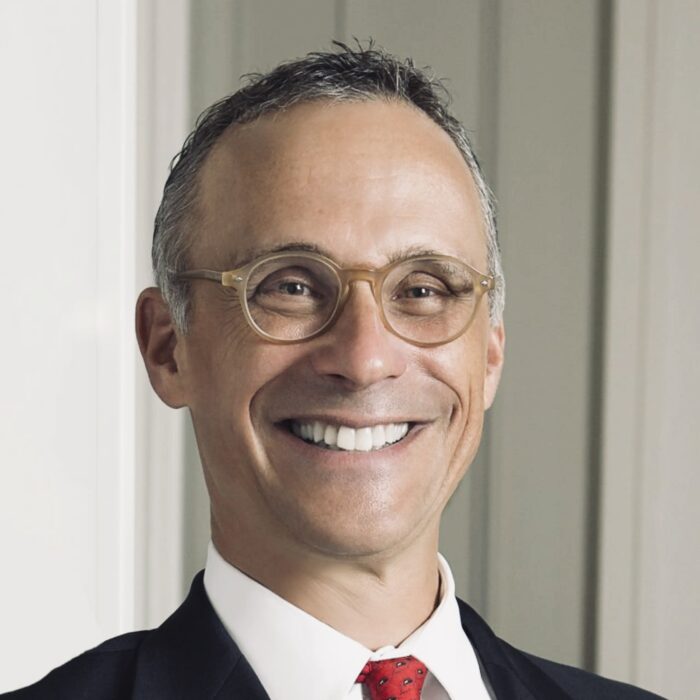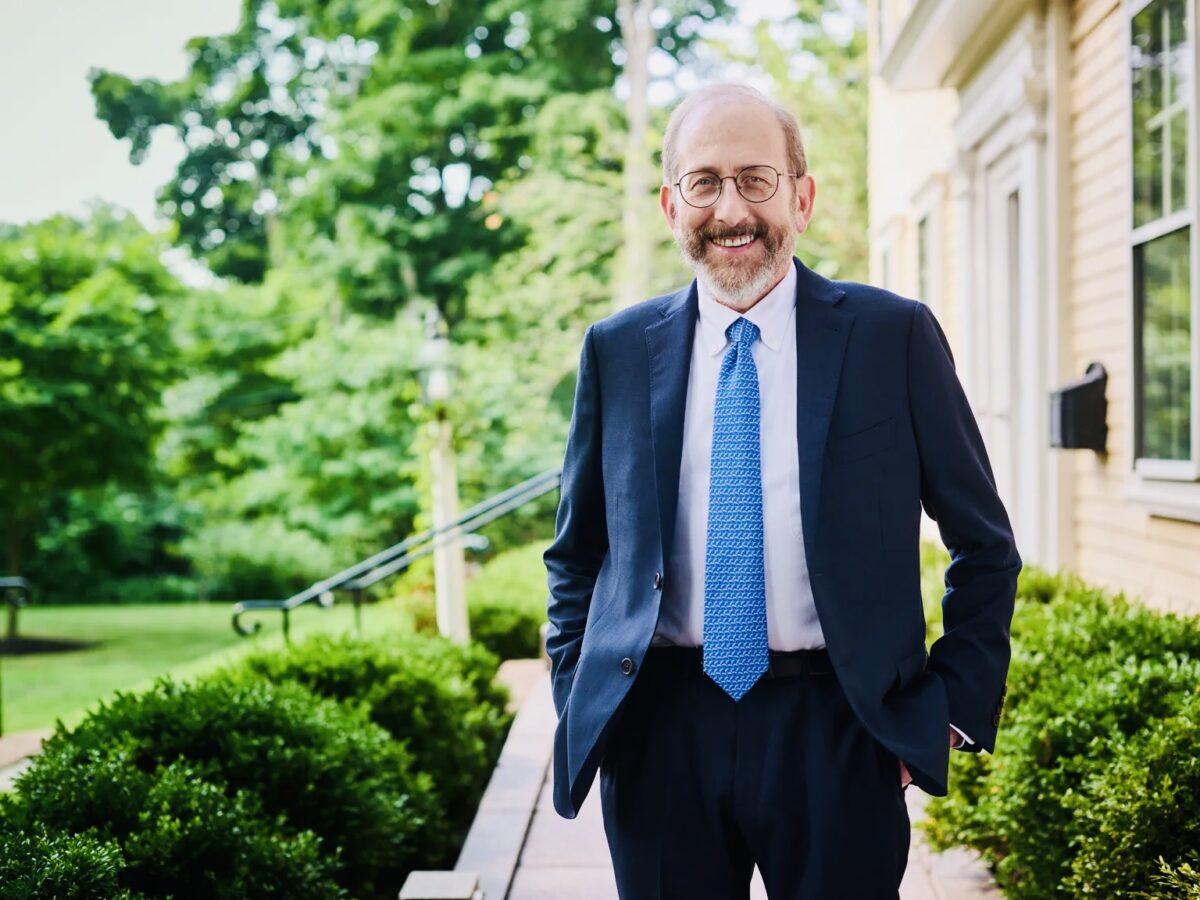Donald Trump’s ideologically-driven administration has taken aim at elite American universities in what is shaping up to be a concerted campaign to transform higher education in the United States.
The ramifications of his policy may be felt for decades if he succeeds.
He and his supporters in the “Make America Great Again” wing of the Republican Party regard these institutions as bastions of liberalism and wokism and, they claim, incubators of antisemitism.
Trump, having singled out a host of universities for punitive funding cuts, has frozen $2.2 billion in grants to Harvard — the country’s richest university in terms of its multi-billion dollar endowment fund — and threatened to revoke its tax-exempt status.
He resorted to these draconian measures after Harvard became the first university to refuse to comply with a list of his demands, which run the gamut from ensuring viewpoint diversity in academic departments to reducing the power of faculty members and students over university affairs.
In response, Harvard’s Jewish president, Alan Garber, issued a strongly-worded statement: “No government, regardless of which party is in power, should dictate what private universities can teach, whom they can admit and hire, and which areas of study and inquire they can pursue.”
“Neither Harvard nor any other private university can allow itself to be taken over by the federal government,” he added.
While universities under the gun have acknowledged shortcomings and failures, they have warned that reducing funding could have dire consequences and threaten academic freedom, a cornerstone of the education system.
Lawrence H. Summers, a former Harvard president, declared, “This is what Joe McCarthy was trying to do magnified ten-or 100-fold,” he said, adding that Trump’s demands “run directly against the university’s role in a free society.”

Lee C. Bollinger, Columbia’s former president, said, “I’ve never seen this degree of government intrusion, encroachment into academic decision-making — nothing like this.”
On April 15, twelve hours after Harvard rejected Trump’s demands, the new interim president of Columbia, Claire Shipman, announced in a letter to faculty and students that she would not allow the federal government to “require us to relinquish our independence and autonomy.”

Shipman’s predecessor, Katrina Armstrong, bowed to Trump’s demands after Colombia was stripped of $400 million in federal funding and grants. Armstrong allowed Colombia’s Middle Eastern studies department to be placed under oversight and agreed to create a security force empowered to make arrests. She did not criticize Trump’s interference in the internal affairs of universities.
At this moment, at least five more universities are in Trump’s crosshairs. Brown, Cornell, Northwestern, Pennsylvania and Princeton respectively stand to lose $510 million, $1 billion, $790 million, $175 million, and $210 million if they do not submit to his demands.
Trump’s campaign is rooted in his perception that universities are administered by “Marxist maniacs and lunatics,” that they discriminate against conservatives, that they promote unacceptable diversity, equity and inclusion programs, and that they tolerate antisemitism.
The secretary of education, Linda McMahon, has accused universities of failing to protect students from antisemitism. Last month, she warned 60 universities that they would face “enforcement actions” if they did not remedy “the relentless antisemitic disruptions” on campus.
Trump’s critics contend that he is using antisemitism opportunistically as a cudgel to remake universities. The New York Times, in an editorial on April 17, said, “It’s increasingly obvious that fighting antisemitism is simply a pretext for what Trump and his supporters hope to be an overhaul of American higher education.”
His zeal to shake up universities was doubtless energized by campus protests following Israel’s military offensive in the Gaza Strip, which took place in the wake of Hamas’ terrorist attack in Israel on October 7, 2023.
Students and professors sympathetic to the Palestinian cause lauded Hamas as an exemplary resistance movement, condemned Israel as a colonial settler state with no right to exist, erected encampments, occupied presidents’ offices, and disrupted graduation ceremonies.
These nation-wide demonstrations started at Harvard and were led by ethnic Palestinians and leftist fellow travellers. All too often, they disturbingly conflated hatred of Israel with animus toward Jews, creating an uncomfortable and intimidating atmosphere for many Jewish students. (In all fairness, it should be noted that some of the pro-Palestinian protesters were Jewish anti-Zionists).
During the U.S. presidential race, Trump assured Jewish voters that he had their backs. “My promise to Jewish Americans is this. With your vote, I will be your defender, your protector, and I will be the best friend Jewish Americans have ever had in the White House.”
Despite the fact that about 70 percent of Jews voted for the Democratic Party, Trump formed the Task Force to Combat Antisemitism, which is designed to scrutinize leading universities for potential civil rights violations and pressure them to reassess their policies.
Trump’s plan is backed by Stephen Miller, his Jewish deputy chief of staff for policy and the architect of much of his domestic agenda.
Attorney General Pam Bondi, a member of the task force, said in a recent interview, “We’re not looking to just file lawsuits — we want to compel a cultural change in how Jewish Americans are treated on college campuses.”

The universities that have been targeted by funding cuts insist that they had taken action to combat antisemitism.
Harvard, in its letter of rebuttal to the Trump administration, said: “Harvard is committed to fighting antisemitism and other forms of bigotry in its community. Antisemitism and discrimination of any kind not only are abhorrent and antithetical to Harvard’s values but also threaten its academic mission.
“To that end, Harvard has made, and will continue to make, lasting and robust structural, policy, and programmatic changes to ensure that the university is a welcoming and supportive learning environment for all students and continues to abide in all respects with federal law across its academic programs and operations, while fostering open inquiry in a pluralistic community free from intimidation and open to challenging orthodoxies, whatever their source.
“Over the past 15 months, Harvard has undertaken substantial policy and programmatic measures. It has made changes to its campus use policies; adopted new accountability procedures;
imposed meaningful discipline for those who violate university policies; enhanced programs designed to address bias and promote ideological diversity and civil discourse; hired staff to
support these programs and support students; changed partnerships; dedicated resources to combat hate and bias; and enhanced safety and security measures.
“As a result, Harvard is in a very different place today from where it was a year ago. These efforts, and additional measures the university will be taking against antisemitism, not only are the right thing to do but also are critical to strengthening Harvard’s community as a place in which everyone can thrive. It is unfortunate, then, that your letter disregards Harvard’s efforts and instead presents demands that are in contravention of the First Amendment.”
Ironically enough, a considerable number of American Jews oppose Trump’s crackdown on universities, citing threats to free speech and due process, while acknowledging that antisemitism must be combated.
On April 16, ten Jewish organizations, ranging from the Union for Reform Judaism to the Central Conference of American Rabbis, denounced Trump’s policy: “These actions do not make Jews — or any community — safer. Rather, they only make us less safe.”
“There should be no doubt that antisemitism is rising — visible, chilling, and increasingly normalized in our public discourse, politics, and institutions. It requires urgent and consistent action by our nation’s political, academic, religious, and civic leaders,” the statement said.
“At the same time, we firmly reject the false choice between confronting antisemitism and upholding democracy. Our safety as Jews has always been tied to the rule of law, to the safety of others, to the strength of civil society, and to the protection of rights and liberties for all.
“We reject any policies or actions that foment or take advantage of antisemitism and pit communities against one another; and we unequivocally condemn the exploitation of our community’s real concerns about antisemitism to undermine democratic norms and rights. It is both possible and necessary to fight antisemitism — on campus, in our communities, and across the country — without abandoning the democratic values that have allowed Jews, and so many other vulnerable minorities, to thrive.”
Michael Roth, the Jewish president of Wesleyan University, has similar misgivings. In a New York Times op-ed piece, he wrote, “I find no comfort in the Trump administration’s embrace of my people, on college campuses or elsewhere. Jew hatred is real, but today’s anti-antisemitism isn’t a legitimate effort to fight it. It’s a cover for a wide range of agendas that have nothing to do with the welfare of Jewish people.

“All of these agendas — from dismantling basic government functions to crushing the independence of cultural and educational organizations to criminalizing political speech to legitimating petty presidential vendettas — endanger the principles and institutions that have actually made this country great. For Jews, a number of these agendas do something more: They pose a direct threat to the very people they purport to help. Jews who applaud the administration’s crackdown will soon find that they do so at their peril.”
Clearly, Trump’s campaign to change universities is a double-edged sword.
